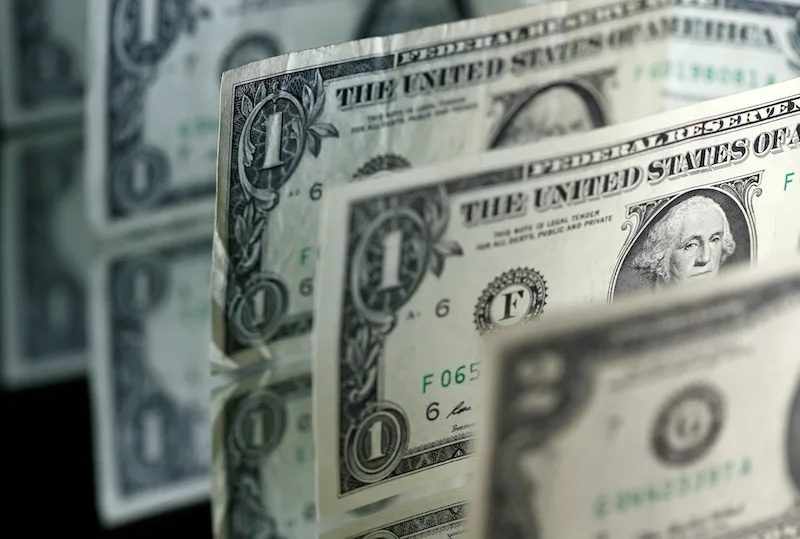Mideast Stocks: Most Gulf markets end lower on recession worries
- Date: 22-Dec-2022
- Source: Zawya
- Sector:Financial Markets
- Country:Saudi Arabia
Mideast Stocks: Most Gulf markets end lower on recession worries
Most stock markets in the Gulf ended lower on Thursday as concern about a global economic downturn overshadowed rising oil prices.
The Federal Reserve this month raised its main interest rate by 50 basis points, its seventh hike of the year. Money managers see the Fed's tightening campaign as likely to hasten the U.S. economy into recession, which should in turn cause stubbornly high inflation to ease.
Most Gulf Cooperation Council countries, including Saudi Arabia, have their currencies pegged to the U.S. dollar and follow Fed policy moves closely, which exposes the region to monetary tightening in the world's largest economy.
Saudi Arabia's benchmark index dropped 0.6% on Thursday, dragged down by a 2% fall in Al Rajhi Bank and a 0.5% decline in Retal Urban Development Co. The index posted its eighth weekly loss - 0.7% - in nine weeks. On the other hand, oil giant Saudi Aramco finished 0.3% higher.
Japan Organization for Metals and Energy Security (JOGMEC) has renewed a deal with Aramco for crude oil storage on the island of Okinawa for another three years, the state-run Japanese company said on Thursday.
In return for providing free storage space to Saudi Aramco, Japan gets a priority claim on the oil stocks






















